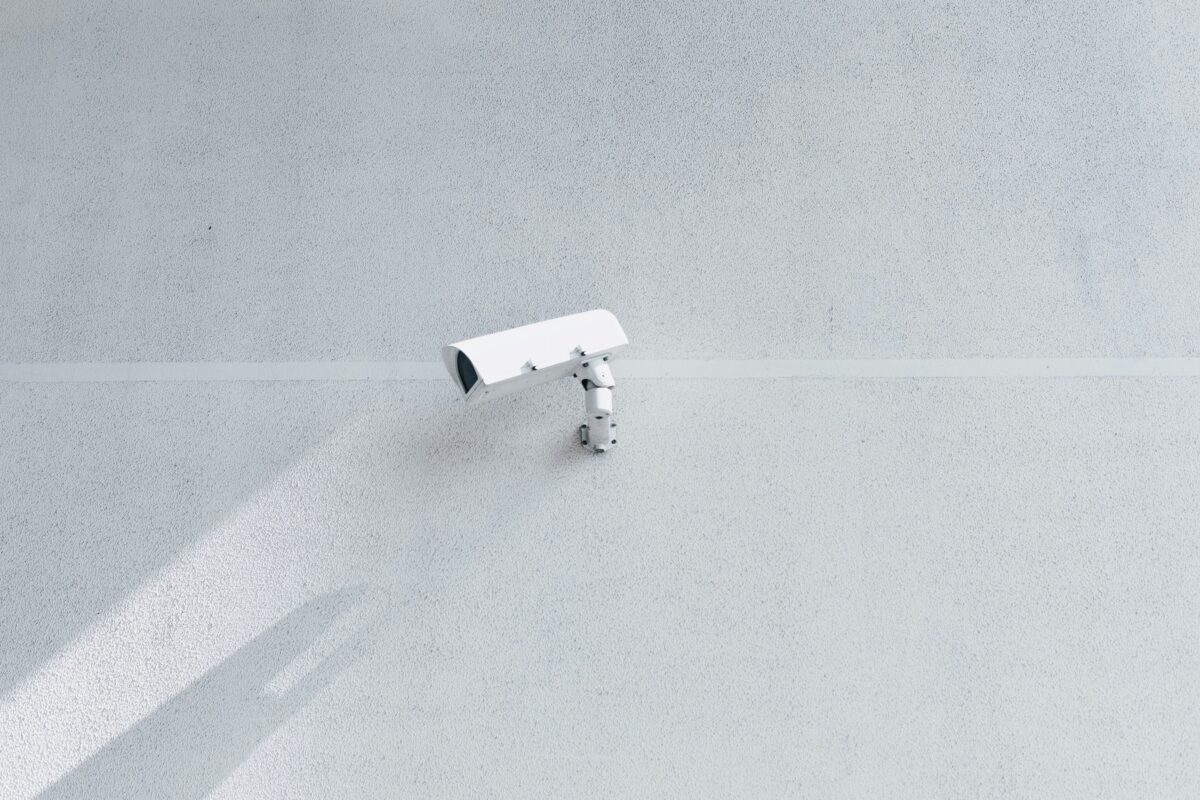In recent years, home surveillance has evolved from simple motion detectors and grainy security footage into a sophisticated network of smart devices powered by artificial intelligence (AI). Today’s security systems do far more than just alert you to a break-in, they can detect suspicious behavior, differentiate between a pet and an intruder, and even contact emergency services without any human intervention.
But what role does AI really play in this transformation? And how can homeowners leverage these technologies to enhance safety without compromising privacy? This blog explores how AI is redefining home surveillance and what it means for the future of domestic security.
What Is AI in Home Surveillance?
Artificial Intelligence in home surveillance refers to the integration of machine learning, computer vision, and data analysis to enable security systems to make intelligent decisions. Instead of simply recording video or sounding an alarm, AI systems can:
- Identify and label different objects (humans, cars, animals)
- Detect unusual or suspicious movement patterns
- Distinguish between normal and abnormal behavior
- Make real-time decisions (e.g., when to alert a homeowner or dispatch authorities)
By mimicking human judgment and learning from patterns, AI enhances both the accuracy and efficiency of home surveillance.
Key AI Features in Modern Home Surveillance Systems
1. Facial Recognition
AI-powered cameras can identify and tag faces captured on video. Over time, the system learns to recognize family members, friends, or regular visitors and can notify you only when an unknown face appears.
- Benefit: Reduces false alarms and improves response time.
- Example: Smart doorbells that notify you if a stranger approaches your door while you’re away.
2. Smart Motion Detection
Traditional motion detectors simply trigger alerts based on movement. AI-based systems analyze motion contextually, for instance, distinguishing between a dog running in the yard and a person loitering near a window.
- Benefit: More accurate alerts, fewer false positives.
- Example: A system that notifies you if someone walks around your home at night but ignores rustling leaves.
3. Object Recognition
Advanced AI cameras can detect specific objects such as packages, vehicles, or weapons. This makes them useful not just for theft prevention, but also for package delivery notifications or property monitoring.
- Benefit: Increased situational awareness.
- Example: Receive a message when a package is left at your doorstep and another if it is removed by someone unknown.
4. Behavior Analysis
Machine learning enables cameras to understand typical activity patterns in and around your home. When something deviates from the norm, such as someone pacing in your driveway at 2 AM, it triggers a higher-priority alert.
- Benefit: Proactive risk mitigation.
- Example: Automatic alerts when someone lurks or behaves erratically near your home.
Benefits of AI in Home Surveillance
1. Real-Time Threat Detection
AI processes data in real-time, reducing the delay between an event happening and your system responding. Whether it’s alerting you via smartphone or contacting the police, AI shortens reaction times when it matters most.
2. Reduced False Alarms
AI’s ability to differentiate between harmless and suspicious activity helps avoid unnecessary panic or emergency calls common problems with older systems.
3. Enhanced Video Monitoring
AI can search hours of video footage quickly using smart tagging and object recognition. If a package was stolen from your porch, you can instantly review the relevant clips rather than sifting through endless hours of footage.
4. Remote Access and Control
Smart home surveillance integrates with mobile apps, letting users monitor and control their system from anywhere. AI enhances this functionality by tailoring alerts and providing actionable insights.
Challenges and Concerns
1. Privacy Issues
Facial recognition and constant monitoring raise serious concerns around privacy, both for homeowners and visitors. Where and how data is stored also matters, especially if it’s cloud-based.
Tip: Choose systems with encrypted storage and customizable privacy settings. Ensure your devices are compliant with local data protection laws.
2. Bias in AI Algorithms
AI models can inherit biases from their training data, which may lead to unequal performance across different demographic groups. This is especially important when facial recognition is involved.
Tip: Select surveillance products from companies known for transparency and fairness in their AI development.
3. Cybersecurity Risks
As with all connected devices, AI surveillance systems are vulnerable to hacking. A poorly secured camera can become an entry point into your home network.
Tip: Use strong passwords, enable two-factor authentication, and regularly update firmware.
The Future of AI in Home Surveillance
AI in home surveillance is still evolving. Here’s what we can expect in the coming years:
1. Predictive Security
Instead of just reacting to events, AI will begin predicting potential threats using historical data and pattern analysis. For example, it might detect that someone has been circling your street for days and flag it.
2. Voice-Activated Surveillance
Integration with smart assistants like Alexa or Google Home could allow users to control cameras, arm systems, or review footage via voice commands.
3. Integration with Smart Home Devices
AI surveillance will work seamlessly with smart locks, lighting, and alarms to create a fully automated and responsive security ecosystem.
Conclusion
AI is rapidly transforming home surveillance from a reactive system into a proactive, intelligent guardian. By integrating facial recognition, object detection, and behavior analysis, these systems provide unparalleled protection and peace of mind.
However, with greater power comes greater responsibility. Homeowners must balance security with privacy, and choose systems that are not just intelligent, but ethical and secure.
As the technology matures, AI will not just keep watch, it will understand what it sees, predict risks, and protect homes in ways that were once thought impossible. In this smart era, a truly safe home is also a truly intelligent one.
